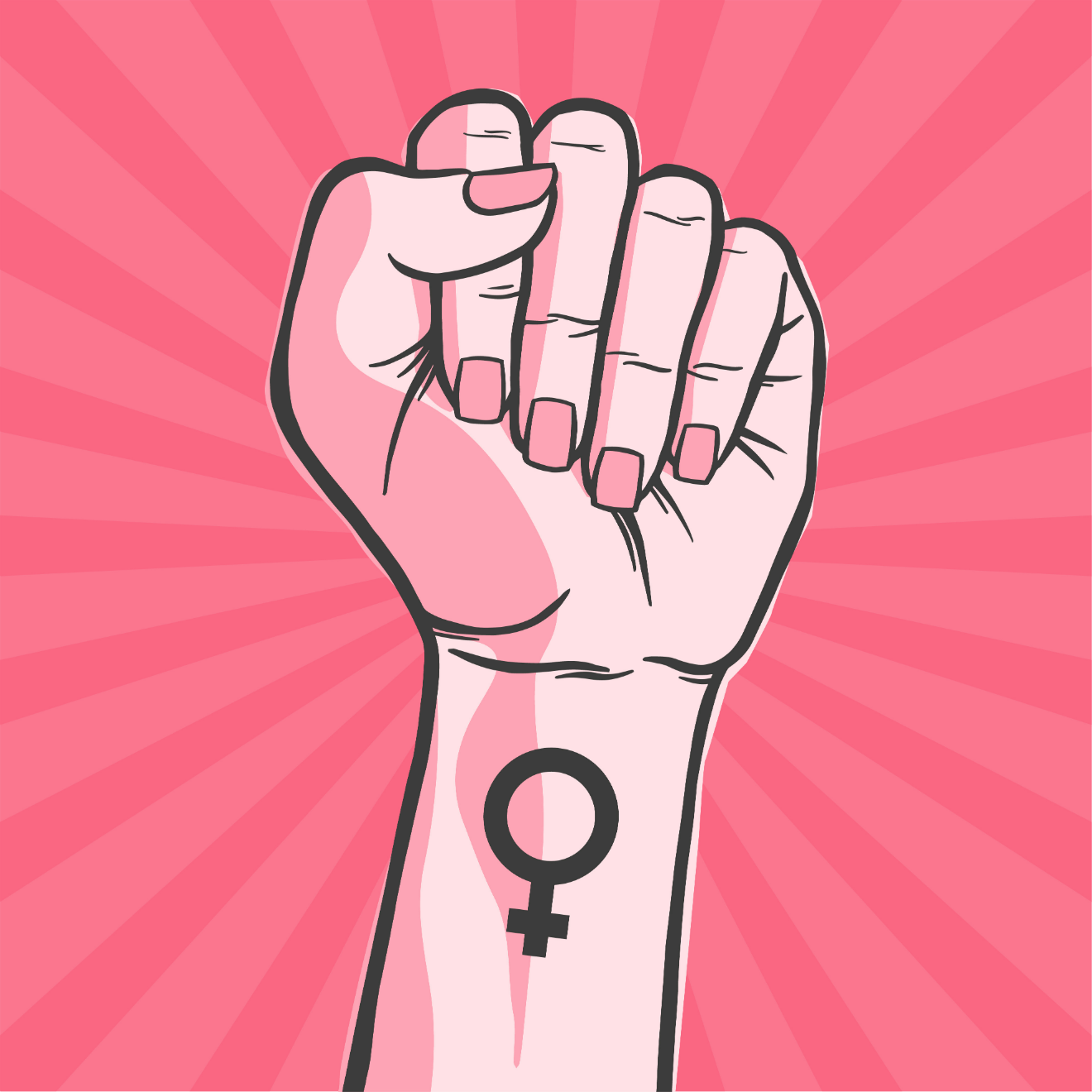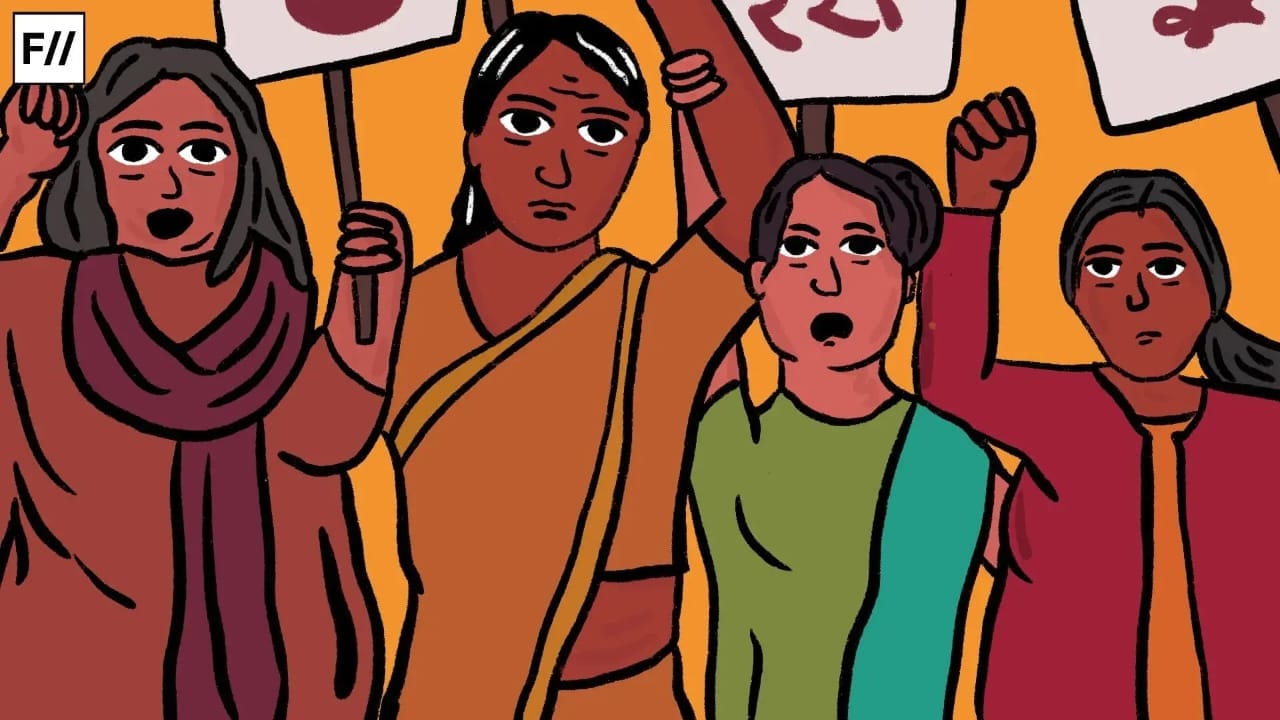We are intimately familiar with the well-worn patriarchal pattern: women shoulder the housework mantle, single-handedly raise children, and do it all while working a 9 to 5 if they want to be financially independent. Then there are so many added stressors, from workplace harassment to the pay gap to gender-based violence, creating a battle outside and a battle at home.
Many men now, however, acknowledge the unfairness women face. Yet a crucial question remains: why should the status quo, advantageous to most men, be disrupted? What’s in it for them when they do half the chores, look beyond gender, and actively fight misogyny? Isn’t it ultimately more work for them?
First of all, as a card-carrying feminist, I am a BIG feminist, anytime I see women being stars – the stars that they should be, and being featured, and being highlighted, it makes my heart happy. Because it’s long overdue.’
Terry Crews
People’s views on gender, justice, and diversity are complex. The subject of men participating in and wanting a just society is surprisingly under researched worldwide and such studies are virtually non-existent in the Indian subcontinent. Ours is a society where the majority of people believe that women should be subservient to men, and men get to call dibs on most things, including job opportunities.
As disappointing as it sounds, there are people around the world re-weaving the fabric of society and rustling the feathers of patriarchy. The struggle for equality requires more than just the voices of women. Research indicates that men who confront sexism face greater acceptance and less backlash compared to women, suggesting that it might be unexpectedly easier for men to speak out against sexist behaviour. So, why would they want to speak up? From what researchers have been able to dig up, their reasons vary from being more focused on immediate, self-serving goals to having utopian visions for the future.
Reasons matter
A 2019 study published in Frontiers in Psychology suggests there are two main drivers motivating men to confront misogyny: paternalistic (protective) and egalitarian (equality-based). But does the reason behind someone’s actions truly matter as long as they’re standing up against injustice? The answer, as it unfolds, is quite nuanced.
Understanding the concept of paternalistic motivation, which hinges on the notion of ‘benevolent sexism’, sheds light on why this kind of driver doesn’t really serve the purpose. Benevolent sexism is a veiled form of prejudice that presents itself with a veneer of positive regard. It posits a social structure where men are the protectors and cherishers of women. While this perspective might superficially appear to get the job done, research reveals a more complex reality. Benevolent sexism fosters a dynamic of dependence on men, taking away from women their autonomy and agency. Furthermore, it prompts a protective stance in collective action, one that is not aligned with the goals of equality.
The irony lies in the fact that paternalistic motivation, despite its seemingly positive outcomes, can perpetuate sexist views by implying an inherent need for male intervention and reinforcing the notion that women are incapable of advocating for themselves.
‘I think it’s important that we all come together to figure out how we can make [equal pay for men and women] possible as soon as possible. Not just as “fathers of daughters” or for those sorts of reasons. And not just on Women’s Equality Day. Every day—that’s when we need to be working to close the pay gap in this country.’
– Stephen Curry
In contrast, men who champion gender equality and identify with feminism exhibit several key characteristics. Firstly, they demonstrate a heightened awareness of sexism and actively reject its modern guises. These studies further reveal that positive portrayals of men embracing feminism can have a ripple effect. It fosters solidarity with feminists and boosts intentions to participate in collective action for change.

Men’s willingness to foster social change appears to be driven by a surge in egalitarian motivations, such as raising awareness of gender inequality and striving for social progress. Men who fight sexism for egalitarian reasons contribute positively to society by promoting genuine gender equality and empowerment.
Social responsibility, personal experiences and awareness of men who fight the patriarchy
People assume various roles when they interact in different environments. Men who are motivated by helping and being considerate towards others may develop an ally identity. Men who embrace social responsibility are more likely to perceive sexist remarks as unacceptable and may also be willing to align with women to fight against unfair treatment.
Building a fair society requires men to become aware of gender bias, followed by introspection and commitment. Men with a higher awareness of gender bias are more likely to view women’s workplace exclusion as a competitive disadvantage for corporations. Men who develop this understanding often reject traditional ideas of masculinity and appreciate the contributions of their female colleagues. Most importantly, men who are truly committed to equality, feel confident addressing sexism, and believe their actions can make a difference are more likely to become active advocates for change.
Lastly, one cannot address this issue without bringing the bittersweet issue of fathers into the scenario. Having and raising daughters can be a catalyst for men to support equality. The ‘first daughter effect’ suggests that fathers with daughters, especially firstborns, are more likely to champion gender equality. This isn’t guaranteed for every father, but studies show they might be more open to equal rights and less stuck on traditional gender roles. Some theories suggest this comes from spending time with daughters and understanding their experiences or a desire for a fairer future for their kids.
‘Unity is meaningless without the accompaniment of women. Education is fruitless without educated women, and agitation is incomplete without the strength of women.’
B. R. Ambedkar
To comprehend the reasons behind men’s resistance to sexism, we need to understand the evolution of their belief systems in response to life experiences and social injustice. For some, resistance stems from personal encounters, such as raising daughters and witnessing the obstacles they face. Others are compelled by a commitment to equality, leading them to embrace feminist ideals and a sense of societal responsibility. Men who boldly challenge sexism from a stance of egalitarianism play a pivotal role in reshaping society for the collective good.








